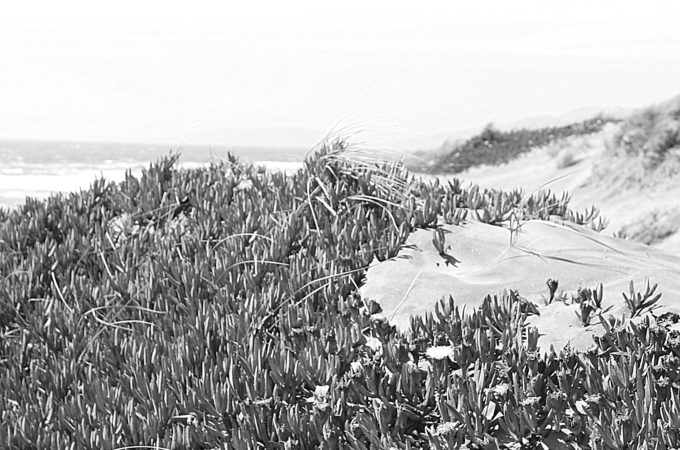Spring is (kind of) here and summer is (hopefully) around the corner. Like every year, Torontonians will no doubt soon make their way to the Toronto Islands during the summer weekends. A group of 15 islands interconnected by pathways and bridges in Lake Ontario, the Islands are approximately 15 minutes away by ferry from downtown Toronto. With its beaches, activities, and nature paths, it’s a popular spot for Torontonians to spend a day with loved ones.
There are, of course, Torontonians who live on the Islands year-round. What some of our readers may not know, however, is that the lands and buildings on the Islands are managed by the Toronto Islands Residential Community Trust Corporation (“Trust”), which was established by the Toronto Islands Residential Community Stewardship Act, 1993 (the “Act”). The houses on the Islands are owned by individuals who sublease the land from the Trust (i.e. a “land lease”). Under the Act, such owners can transfer their interest (while alive or on death) only to the Trust, a spouse, child, or a joint tenant.
Can anyone other than a spouse or a child have an interest in a property on the Islands? This was the issue in the recent case of Sampson v Estate of Sampson.
The Sampsons gifted their two sons, Donald and Bruce, the right to lease land on the Toronto Islands as joint tenants. In 1994, the Trust offered Donald and Bruce to purchase the land lease for approximately $47,000. Only Bruce could qualify for a mortgage to purchase the land lease. As a result, in 1996, Bruce obtained a mortgage to purchase the land lease and Donald transferred his interest in the property as a joint tenant to Bruce. Donald and Bruce continued to live in the property, and shared the upkeep and maintenance costs of the property. Bruce died in May 2017. The beneficiaries of Bruce’s estate were Donald and their sister, Patricia.
After Bruce’s death, Donald sought a declaration that he is the beneficial owner of the land lease by way of a resulting trust. Patricia renounced any interest she had in the property.
While the Trust did not oppose Donald’s position that he had an interest in the property per se, the Trust did argue that it does not register ownership based on a resulting trust as it could “create uncertainty into the Island property regime”.
The court rejected the Trust’s argument, finding that Donald is the beneficial owner of the property and that Bruce was a trustee holding title to the property for himself and Donald as joint tenants. The court held that Donald transferred his joint interest in the property to Bruce for convenience to obtain a mortgage, and that the brothers’ intention was always that they would remain joint residents and owners of the property.
There is legislation in place regarding the ownership and leasehold of Toronto Islands’ properties that could affect estate planning. Residents (or residents to be) should consult a lawyer to ensure their estate planning is in line with the legislation.


0 Comments